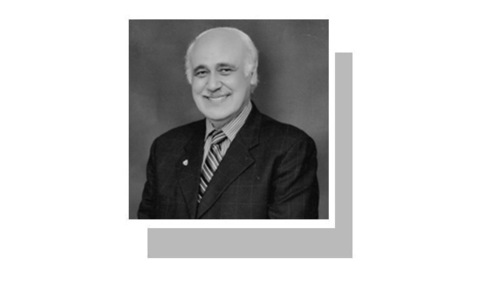
CHICAGO: US researchers studying the effects of stress on the gut may have stumbled on a chemical compound that stimulates hair growth.
By blocking a stress-related hormone linked with hair loss, mutant mice that made too much of the hormone were able to regrow hair they had lost, the team reported on Wednesday in the online journal PLO One.
“Almost 100 per cent of the mice responded. The hair grows back fully. It is a very dramatic effect,” Million Mulugeta of the University of California at Los Angeles, who worked on the study, said in a telephone interview.
Moulage said the findings could open new areas of research on hair loss in humans, especially in people whose hair loss is caused by stress and aging.
The team, which included researchers from the Veterans Administration and the Salk Institute for Biological Studies in California, had been experimenting on mice that were genetically altered to overproduce a stress hormone called corticotrophin-releasing factor or CRF.
As these chronically stressed mice age, their hair turns gray and eventually falls off their backs. Mulugeta likens the effect to watching a US president age over the course of two four-year terms in the White House.
The team injected these mice with a stress-blocking chemical compound called astressin-B, which blocks the action of the stress hormone CRF.
The mutant mice got a daily injection of the compound over five days, and then the team measured the effects of this drug on their colons and put the mice back in their cages.
“When we came back three months later, their hair had all grown back. They were not distinguishable from their littermates who were not genetically altered,” Mulugeta said.
“It was totally unexpected.” The effect lasted up to four months, a relatively long time in the life span of a mouse, Mulugeta said. Follow-up studies confirmed the findings.
The team also tested the compound in younger, mutant mice that had not yet lost their hair, and found astressin-B kept them from going bald.
“Not only does it restore hair, but it also prevents hair loss,” Mulugeta said.
So far, astressin-B has only been tested in mice genetically altered to express a lot of stress hormone, and it is not clear if it would have any affect in humans.
But Mulugeta said it is possible that this same process occurs in humans, who also have CRF receptors in their skin.
Given that current treatments for hair loss only offer short-term, modest results, Mulugeta said the findings should be pursued in further studies.











































Dear visitor, the comments section is undergoing an overhaul and will return soon.